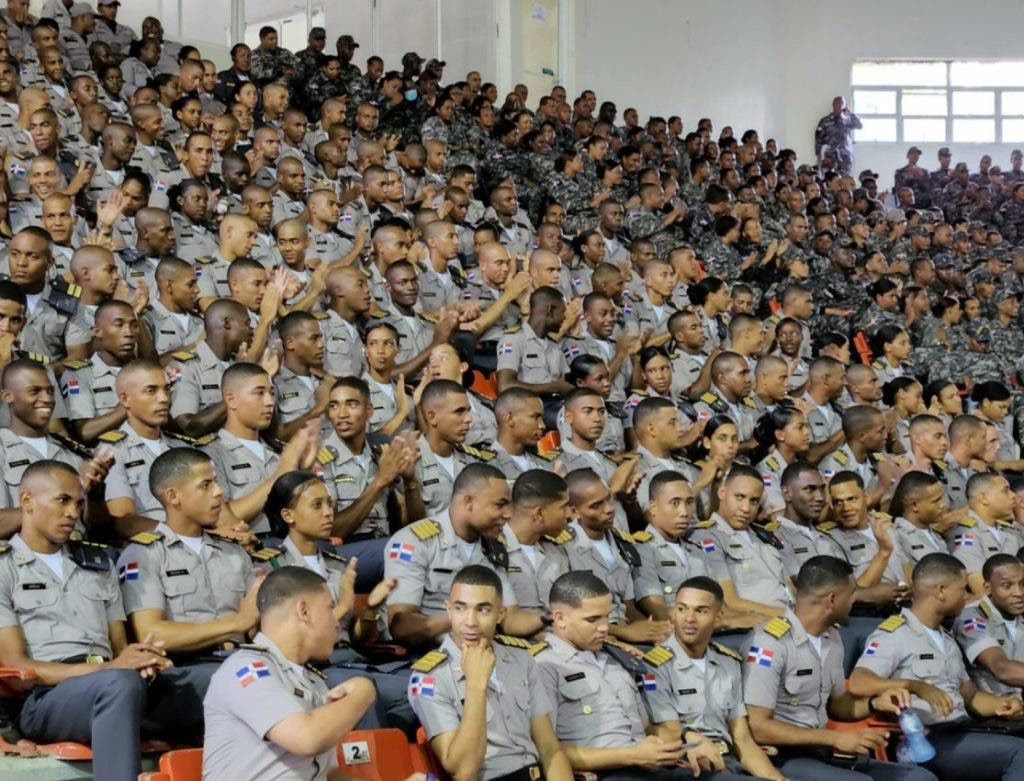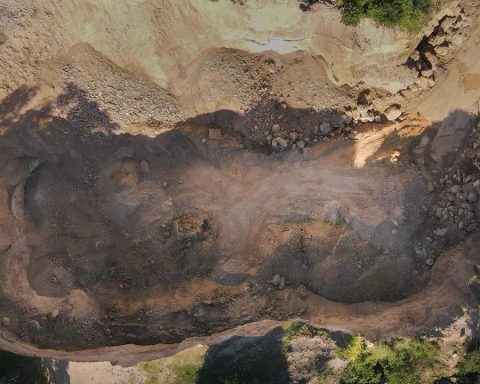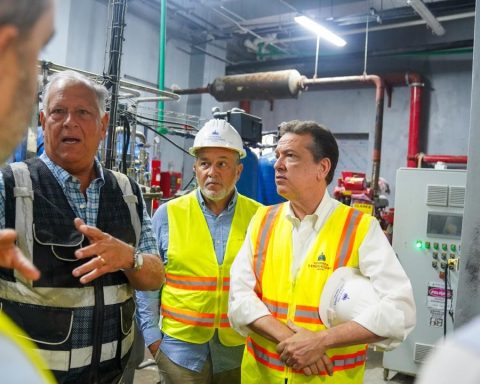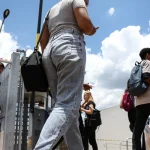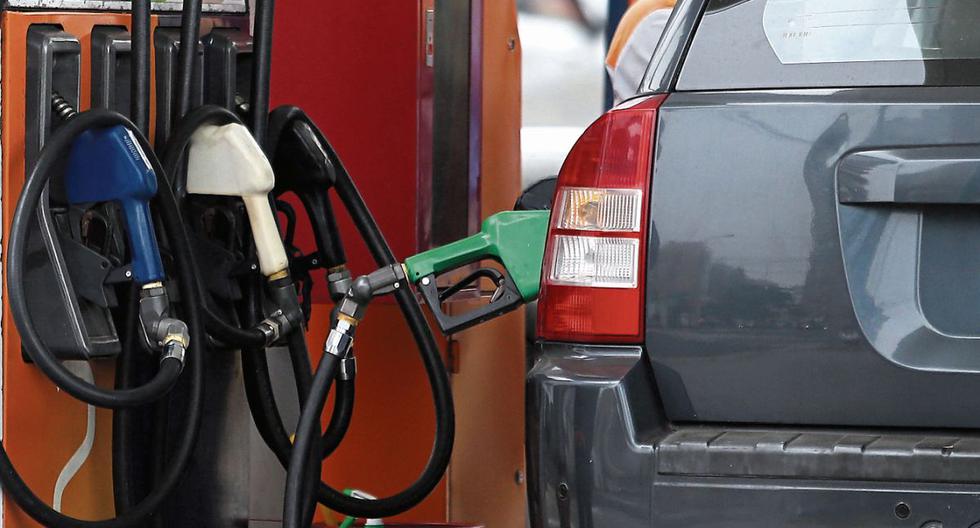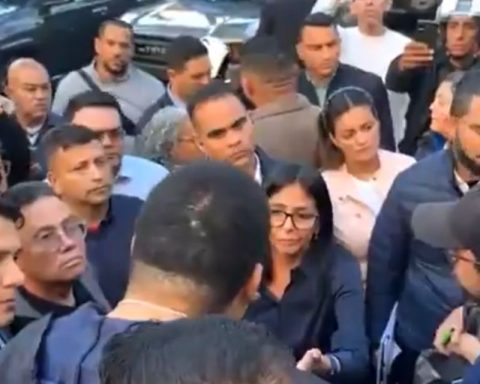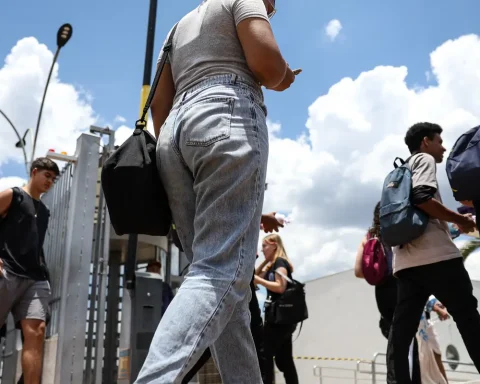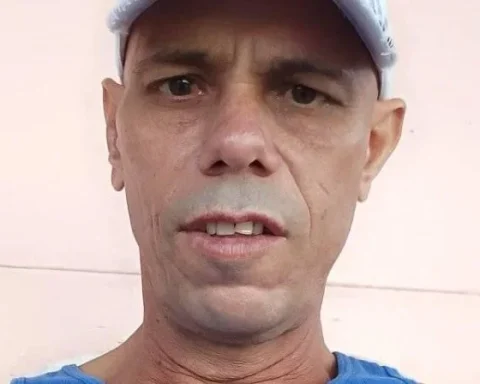President Luis Abinader announced this morning that in this month of August a three-month educational package will be implemented to compensate for the training deficiencies of the police officers in service.
He said that with this training they seek to achieve, as a priority, a performance attached to human rights, ethics and away from corruption, in addition to the essential skills for conflict management, interpersonal relationships and the proper use of force.
The president swore in, during a ceremony at the Olympic Center, three commissions that will work on police reform to improve security and announced the implementation of a technical baccalaureate in citizen security and protection starting next election year.
He said that the reinforcement educational offer will reach the 35,000 police officers in their different hierarchies, through 1,400 courses that will be taught by 160 professors with the appropriate profiles, selected from the different universities and after having received the corresponding pedagogical qualification.
He argued that he has always heard that without law there is no security, “without security there is no freedom and without freedom there is no democracy.”
He reported that polytechnics will be selected in all regions of the country and the teaching staff necessary for the training of police officers will be pedagogically qualified.
He indicated that this is an easy principle to state but that it encloses a complex structure that must be defended.
Abinader He said that for the strategy of the reform of the educational institution of the Police, converted into an inalienable goal of the government, it consists of propitiating a new and complete police educational model in six years.
Meanwhile, introduce academic improvements, both immediate and in the short term, that increase the quality of police performance and the climate of citizen security.
You may be interested in reading: To promote police training, its director visits UCSD
“This will be an 18-month restructuring plan to, firstly, diagnose the current situation of the police education system in all its elements, processes and relationships, and secondly to formulate proposals for the integral transformation of the IPE, its educational model, study plans, teaching statute, institutional structure, as well as a recruitment and selection system, physical and technological infrastructure, its normative and regulatory base, and academic cooperation and exchange,” he explained.

The head of state assured that one of the most important, comprehensive and transformative reforms is the one being implemented in this country focused on the Police.
“We have already taken many steps in the right direction and today, we are taking one more, of notable importance, since it affects the central nucleus of the body, its human capital and its training”, he stated.
He said that strategies like the one they are launching today are necessary: ”Because in spaces like this we can share problems, contribute new ideas, axes and prioritize actions.”
He assured that the plan will be an example for the entire region, since it will address all the factors that encompass citizen security from a modern and multidisciplinary concept and that it will respond with the best available tools.
He stated that when he learned about the reports from the United Nations and the Working Group for the Transformation of the National Police, which, at the initiative of the government, worked to identify the problems of the police force, “we saw that one of the most serious are the serious deficiencies in the training received in the schools of your institution.
